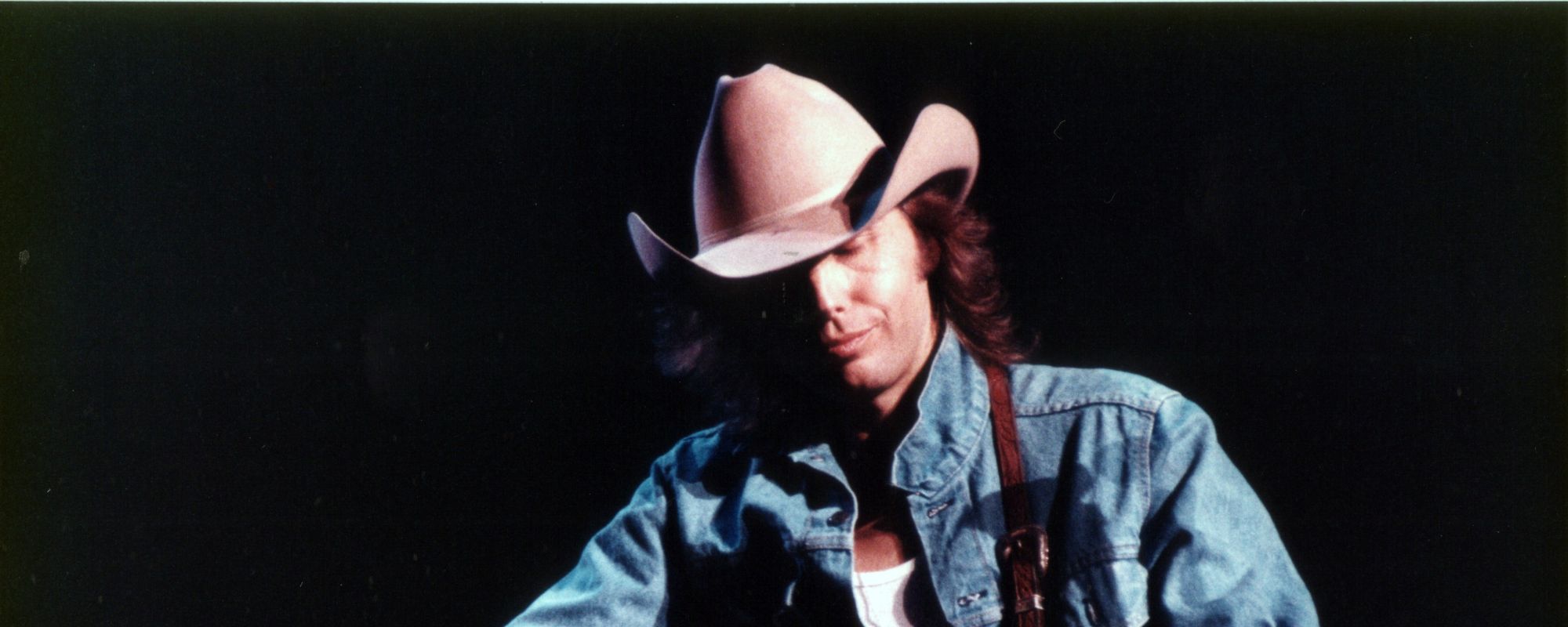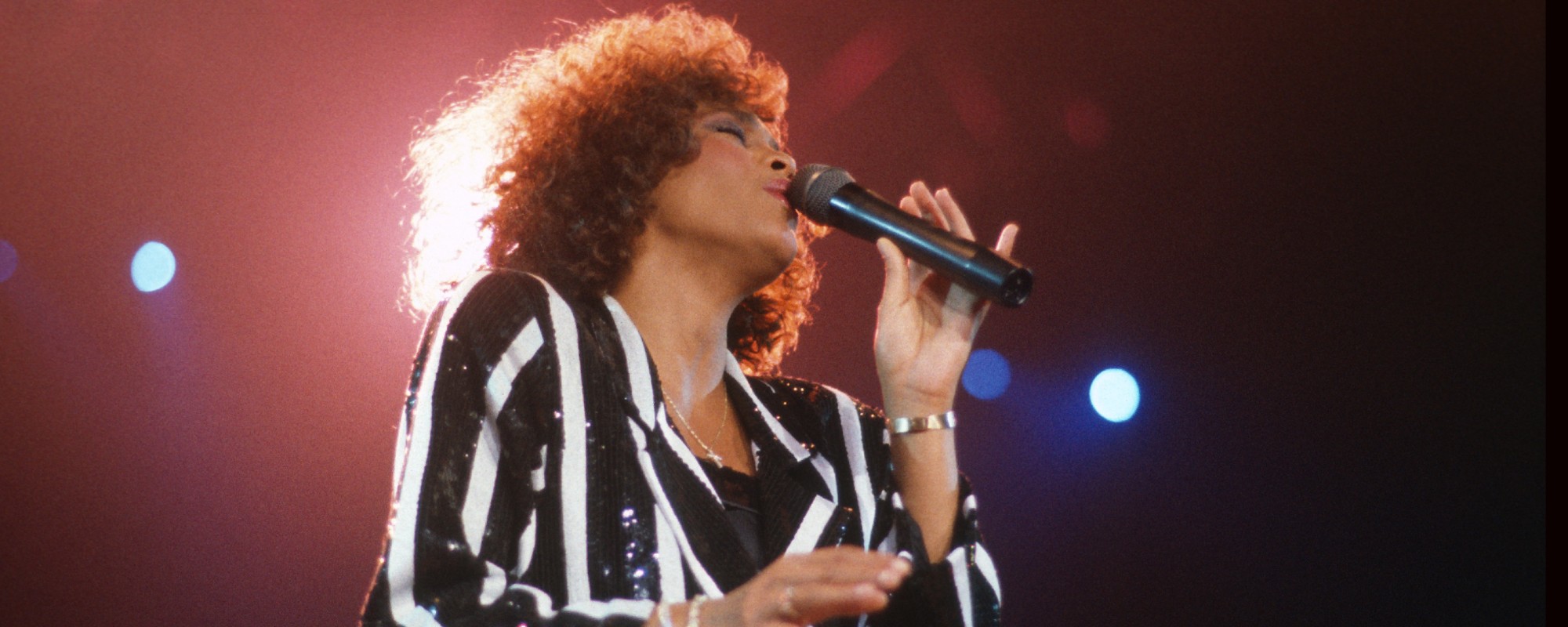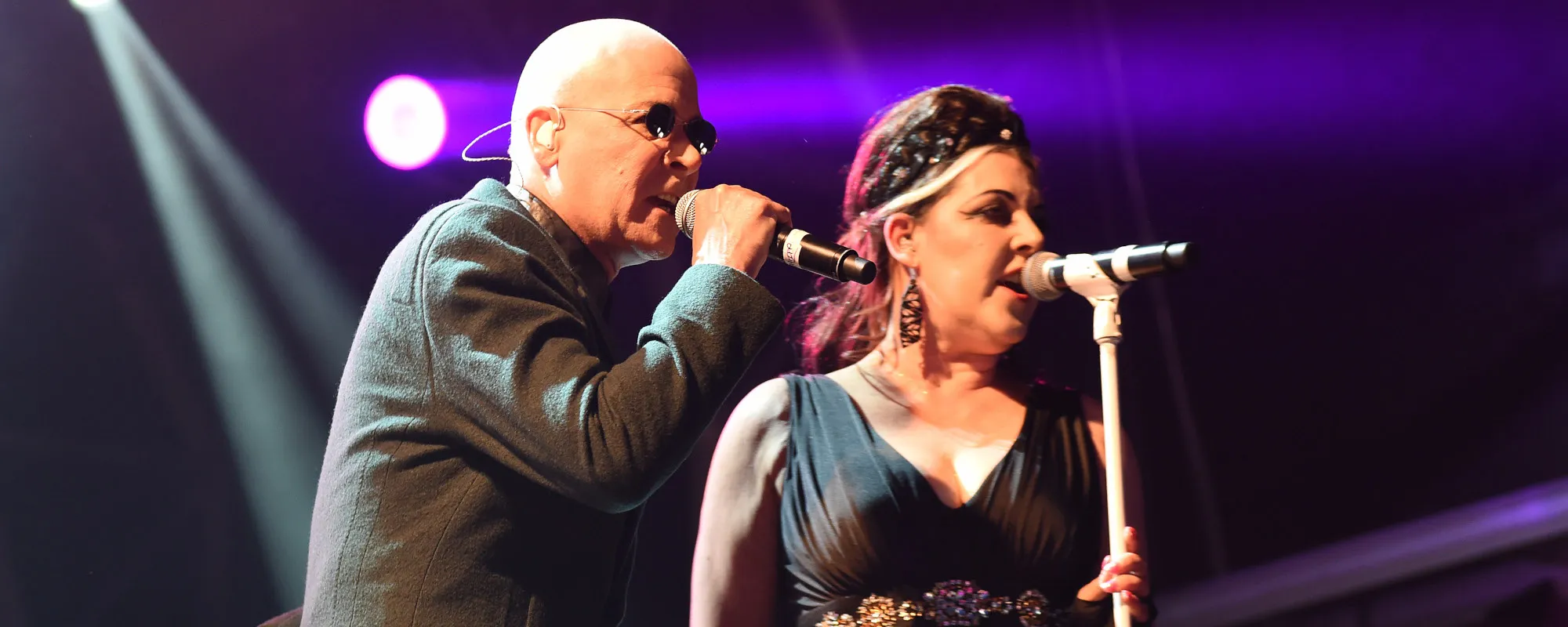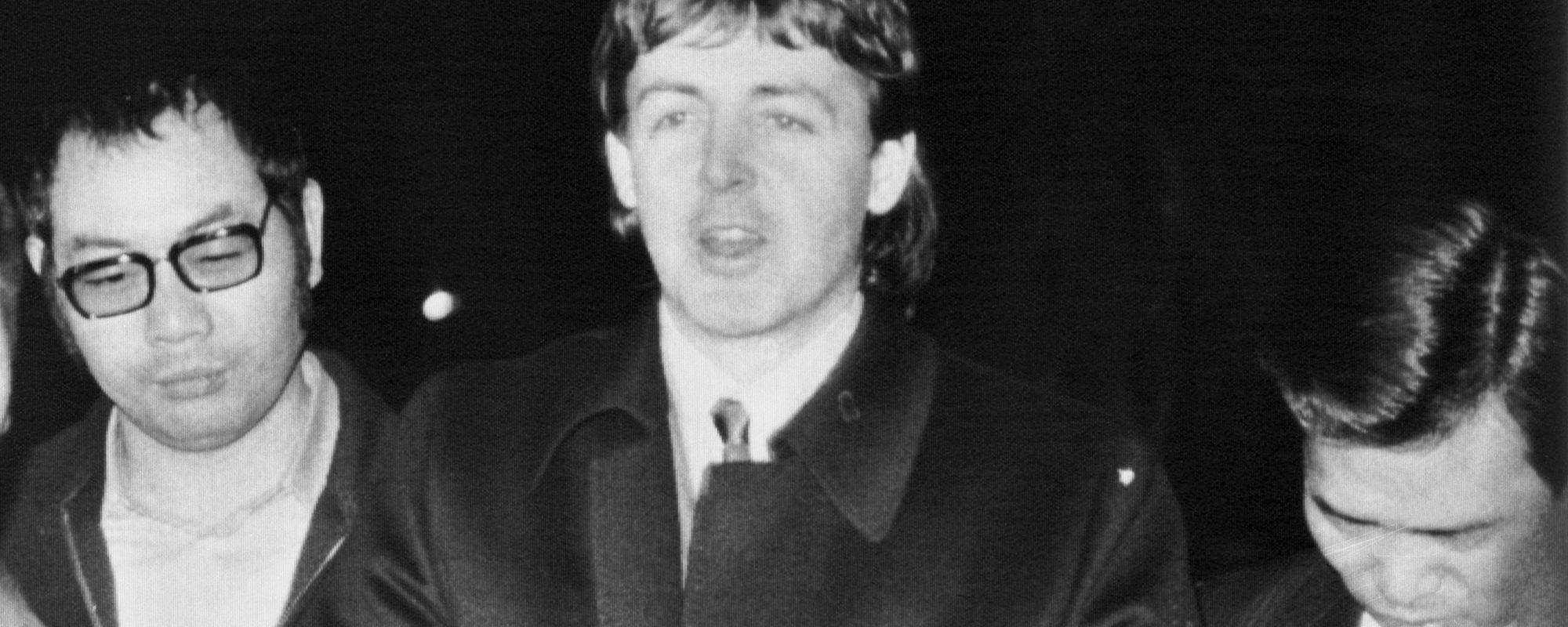Grease: The Original Soundtrack from the Motion Picture is one of the best-selling albums of all time, both generally and among soundtracks specifically, but its legacy extends far beyond its ubiquity alone. The Grease soundtrack has also become a key player in the debate over radio censorship, particularly censoring that critics deem hypocritical, in the decades since its 1978 release.
Videos by American Songwriter
Despite its niche genre as a movie musical, the Grease soundtrack effectively took over mainstream airwaves with catchy hits like “You’re the One That I Want” and “Summer Nights”. Part of the allure of the movie and its music (besides great performances from the cast) is the musical’s ability to blend squeaky-clean 1950s imagery with tongue-in-cheek innuendo and attitude.
We have members of the T-Birds and the leader of the Pink Ladies to thank for some of the film’s more rebellious tunes. After all, what would Grease be without John Travolta and crew hip-thrusting on top of a car to “Greased Lightnin’”? Or without Stockard Channing’s Rizzo making fun of Olivia Newton-John’s Sandy, blonde wig and all, in “Look At Me, I’m Sandra Dee”?
According to the National Coalition Against Censorship, which created a list of 40 famously censored tracks in 2015 in honor of Music Freedom Day, two songs from the Grease soundtrack featured language that the FCC would consider non-radio-friendly. But the FCC only censored one song, leaving us to wonder—is profanity okay as long as English-only speakers can’t tell it’s profane?
The Argument of Radio Censorship, As Presented by ‘Grease’
One of those censored tracks was “Greased Lightning”, which is unsurprising when one considers the entire song is one giant euphemism for having sex. Sure, sure, John Travolta and company are technically singing about cars. But just like The Beatles’ “Drive My Car” was technically about driving an automobile, both songs have a lot less to do with traffic and a lot more to do with the horizontal tango.
In a testament to how innuendo can save even the raciest of songs from radio censorship, the FCC didn’t censor “Greased Lightnin’” because of what it was cheekily referring to. Rather, the line that got the song censored from the radio was “You know that ain’t no s***, we’ll be getting lots of tit.” As crass as the last half of this couplet may be to some, the real issue is in the word we had to censor, too. “S***” is among the many potty words the FCC deems inappropriate for airplay.
Fascinatingly, the second song in question, “Look At Me, I’m Sandra Dee”, arguably had worse language. The only problem was that English-only speakers didn’t know the word they were hearing was profane. In Stockard Channing’s sarcastic number, she says toward the end of the song, “Hey, fongool, I’m Sandra Dee”.
Italian speakers, Italian-Americans, or avid watchers of The Sopranos might recognize this two-syllable word as the English abbreviation for the Italian curse word, “vaffanculo.” Roughly translated to “f*** you” or “fuck off” in English, one could argue that’s a far more vulgar expression than the word “s***.” But because it’s an Italian curse and not an English one, the song was able to fly under the FCC radar.
Ain’t that some merda?
Photo by CBS via Getty Images













Leave a Reply
Only members can comment. Become a member. Already a member? Log in.